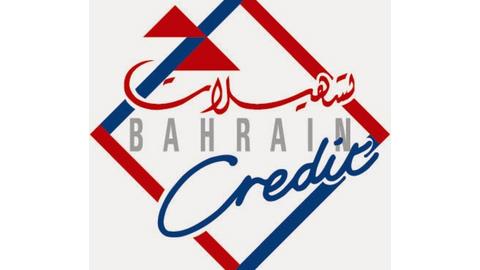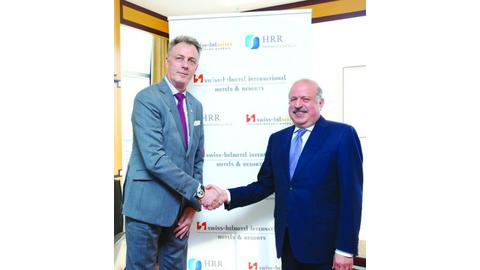VAT blueprint work on track

PARLIAMENT will have to approve legislation being currently drawn up by the government concerning Value Added Tax (VAT) on local sectors, it was revealed.
Finance Minister Shaikh Ahmed bin Mohammed Al Khalifa told MPs in a written response that Bahrain and the Gulf countries were already working to meet the January 2018 deadline with a blueprint for the base system already on track.
However, he said, individual countries needed to speed up work on internal regulations to match core targets.
The GDN reported last week that experts believe Bahrain and other Gulf countries were likely set to miss the January 2018 deadline to introduce VAT.
Once introduced, the rate of VAT is expected increase by as much as 200 per cent in three years – from 5pc to 15pc.
The absence of required regulations, a lack of preparation and other operational challenges that will face businesses have been cited as the main obstacles to meeting the deadline.
In February, Bahrain endorsed the introduction of VAT at 5pc except on basic food items, medicines and medical supplies, as well as a separate excise duty agreement, which is a selective tax on specific items.
The measures, due to come into force on January 1, are part of a GCC agreement reached last June in the face of low oil prices, which have severely dented national economies in the region and forced governments to generate alternative revenues.
VAT is a tax that consumers pay when they buy goods.
Agreement
“We (Gulf states) have signed collectively the agreement for VAT with Bahrain officially signing the GCC agreement on February 7,” said Shaikh Ahmed.
“The ministry is now working on procedures to have it approved by both the executive and legislative authorities, with the National Assembly being presented with all necessary governance laws related to how the money will be collected and what government body will be responsible,” he added.
“It will be left to legislators to decide on how VAT gets implemented on local sectors in the country, whether during production or distribution, and deciding on the state’s general policies for VAT alongside other Gulf states but without affecting general foundation terms.
“The government is keen to ensure the best practices are met whenever VAT is introduced and for that legislators’ input is vital and necessary.”
Transaction
The decision to introduce VAT at a rate of 5pc means products or services that currently cost BD100 will increase in price to BD105 after it takes effect.
Such products would cost BD115 if the rate of VAT is increased to 15pc.
VAT implementation will be applied on (transactions such as) car sales, restaurants or hotels, hiring services of accountants or lawyers.
The International Monetary Fund (IMF) last year proposed VAT of 10pc in the Gulf and recommended other taxes, such as income tax, property tax and a 15pc tax on business profits.
IMF managing director Christine Lagarde told the Arab Fiscal Forum in Dubai in February that taxes on tobacco and sugary drinks should also be considered.
Shaikh Ahmed also told MPs in writing that the Future Generations Fund, which sees $1 saved from profits of each barrel of oil exported, is $615 million.
He also added that available resources at the Unemployment Fund is BD584m.
Source: http://www.gdnonline.com/Details/215673/VAT-blueprint-work-on-track


